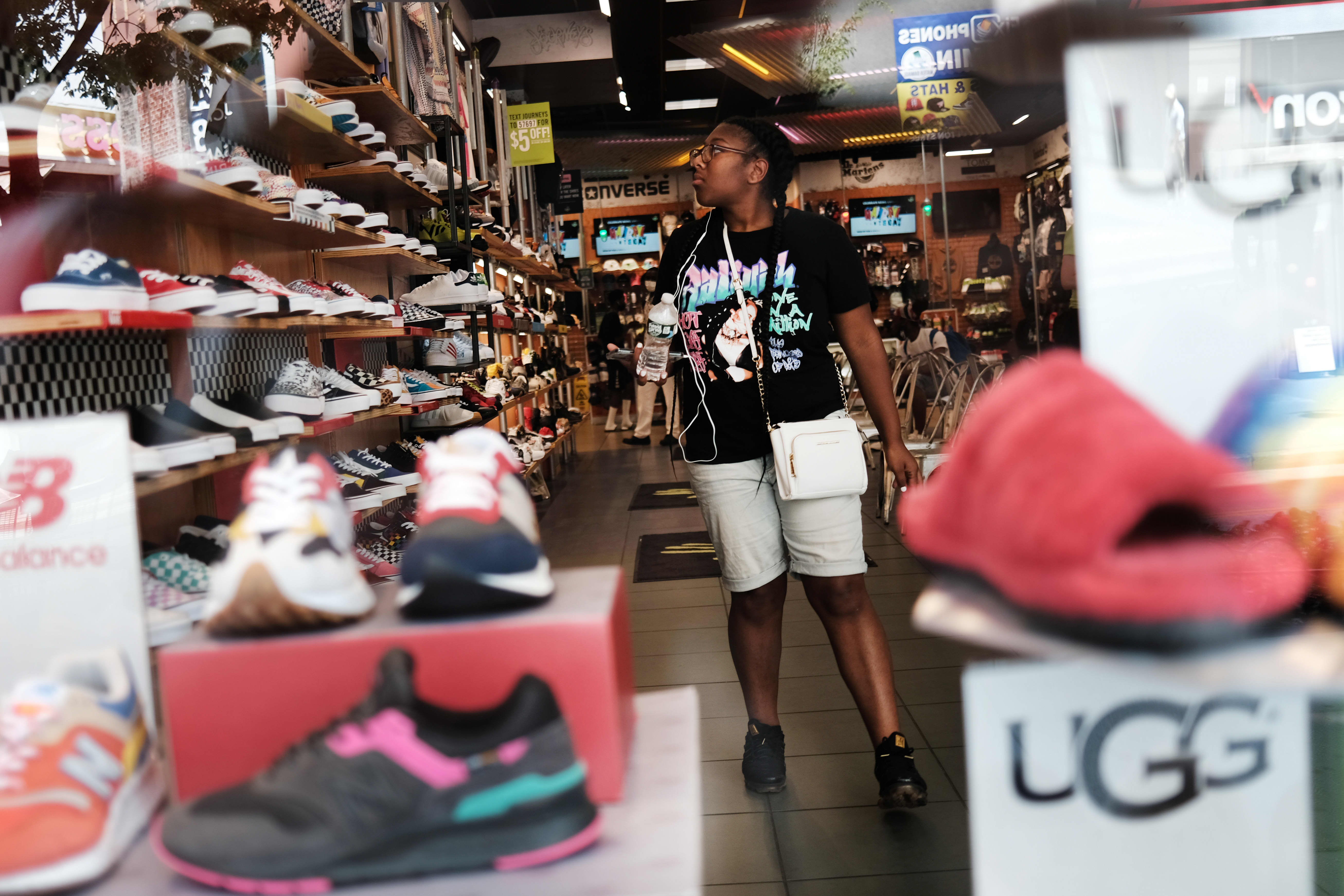
Retail sales posted a surprise gain in August despite fears that escalating Covid cases and supply chain issues would hold back consumers, the Census Bureau reported Thursday.
The Dow Jones forecast of a 0.8% decline in sales for August was wrong. Sales rose 0.7%.
According to Labor Department, a separate economic report revealed that the weekly number of jobless claims rose to 332,000. This was against the Dow Jones estimate of 0.8%. Dow Jones estimated 320,000.
Economists predicted that Americans would reduce their consumption as the Delta variant continued its march through the U.S. The persistent supply chain disruptions that made it difficult for in-demand goods to be found were predicted to also limit spending.
Bar and restaurant sales showed the pandemic’s effects, with them being flat in October but still 31% ahead of last year.
Sales were good in most regions during the month. Back-to-school shopping usually results in an increase in activity. This year was especially notable as schools are ready to receive students back after years of distance learning.
Even without the 3.6% decrease in automotive-related activity monthly, this headline would have been much better. Sales rose 1.8%, well above the 0.1% anticipated gain.
With fears rising over the pandemic, shoppers turned online, with nonstore sales jumping 5.3%. General merchandise sales increased 3.5% and furniture and home furnishing saw a 3.7% rise.
The sales of electronics and appliances saw a drop in 3.1%, and the sports goods and music shops fell by 2.7%.
Sales increased by 15% compared with the previous year.
The slight retail surprise came with disappointing readings on unemployment claims.
After posting a new pandemic-era low, initial filings rose by 20,000 a week earlier. The four-week moving mean, which accounts to weekly volatility, fell to 335750. This was a decrease of 4,250, and brought it to its lowest level since the outbreak of the pandemic on March 14, 2020.
Heavy seasonal adjustments were made to the total claims, with an unadjusted drop of 233,31 to 262,619.
The number of continuing claims fell by 187,000, to 2.66 millions, a new low set since Covid. The 4-week moving average dropped to around 2.81million.
However, the number of those who were receiving compensation through all programs rose just before expiration of federal jobless benefits. This total rose to 12.1 millions through August 28, and before that date.
The Philadelphia Federal Reserve also reported that its manufacturing activity index increased 11 points to 30.7. This is the difference in percentage between companies reporting expansion and those experiencing contraction. The Dow Jones estimation of 18.7 was significantly higher.
Become a smarter investor with CNBC Pro.
Stock picks and analyst calls available. Access to CNBC TV is also possible.
Sign up to start a free trial today.


